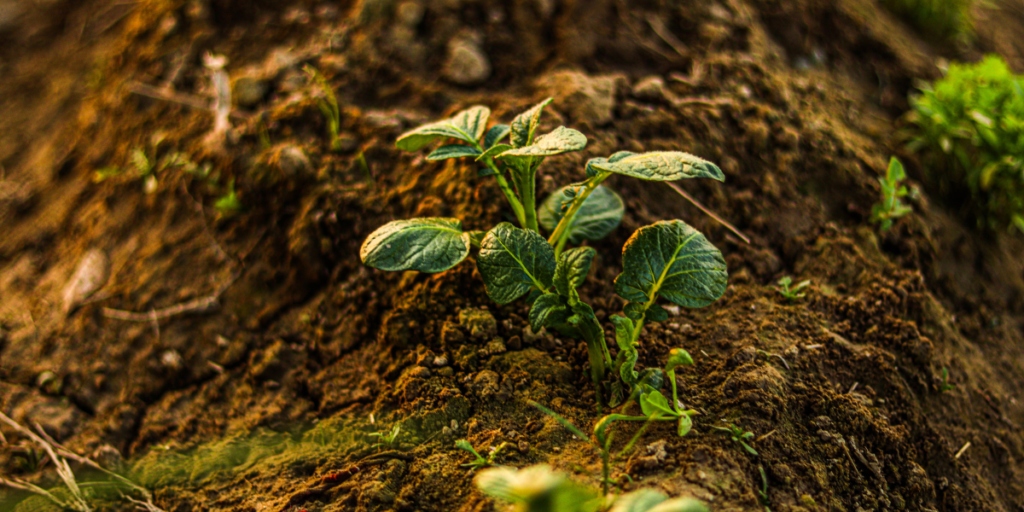Fertilizer is a material that is added to the soil to supply nutrients that are necessary for plant growth. These nutrients can be in the form of organic matter, such as compost, or inorganic minerals.
While fertilizer can certainly help plants grow faster, there are a few things to keep in mind. First, not all fertilizers are created equal. Different fertilizers contain different nutrients, so it’s important to choose one that’s formulated for your specific plant needs. Second, too much fertilizer can actually be harmful to plants, so be sure to follow the directions on the package carefully.
What Are the Benefits of Fertilizer?
Fertilizer is often thought of as a necessary evil in the gardening world. It is true that without proper care, fertilizer can do more harm than good. However, when used correctly, fertilizer can give your plants a much-needed boost, helping them to grow faster and healthier.
There are many different types of fertilizer available on the market today. Which one you choose will depend on the type of plants you are growing and the time of year. For example, during the spring and summer months, you may want to use a fertilizer with a higher nitrogen content to encourage leaf growth. In the fall and winter months, a phosphorus-rich fertilizer will help your plants to develop strong roots.
No matter what type of fertilizer you choose, be sure to follow the directions carefully. Over-fertilizing can damage your plants and even kill them.
How To Choose the Right Fertilizer for Your Houseplant?

Fertilizers are an important part of plant care. They help to provide nutrients that plants need to grow and thrive. But with so many different types and brands of fertilizer available, how do you know which one is right for your houseplant? Here are a few things to consider when choosing a fertilizer:
The type of fertilizer you choose should be based on the needs of your plant. If your plant is lacking in a certain nutrient, look for a fertilizer that contains that nutrient. For example, if your plant is lacking in nitrogen, look for a fertilizer that is high in nitrogen.
The size of your plant also matters when choosing a fertilizer. If you have a small plant, you will not need as much fertilizer as you would for a large plant. Choose a fertilizer that is appropriate for the size of your plant.
What Happens When Fertilizer Is Applied Too Early?
When it comes to optimizing plant growth, applying fertilizer is one of the most important things that farmers and gardeners can do. But what happens when fertilizer is applied too early?

Applying fertilizer too early in the season can have a few different effects on plants. For one, it can cause the leaves to burn. This is because the fertilizer contains high levels of nitrogen, which can be harmful to plants if they are not ready for it. Applying fertilizer too early can also lead to leaching, or the loss of nutrients from the soil before the plants have a chance to absorb them.
So, does fertilizer help plants grow faster? In short, yes – but only when it is applied at the right time. Applying fertilizer too early can actually do more harm than good, so it’s important to be aware of when your plants need it most.
What Fertilizers Make Plants Bloom?

The three primary nutrients required by plants are nitrogen (N), phosphorus (P), and potassium (K). These are commonly referred to as macronutrients. Plants also require other elements for normal growth, including calcium (Ca), magnesium (Mg), and sulfur (S). These elements are referred to as secondary nutrients. Some soils may also contain micronutrients, which are required in small amounts by plants for normal growth and development.
How Often Should I Fertilize My Plants?
If you’re using a chemical fertilizer, you’ll need to fertilize more often than if you’re using an organic fertilizer. Chemical fertilizers are quickly absorbed by plants, so they need to be applied more frequently. Organic fertilizers release nutrients slowly over time, so they don’t need to be applied as often.
The type of plant you’re growing will also affect how often you need to fertilize it. Fast-growing plants like tomatoes and cucumbers will need to be fertilized more frequently than slow-growing plants like ferns and cacti.
When To Apply Fertilizers to Vegetable Plants?
Early spring is the best time to fertilize your vegetable plants. This gives them a boost of nutrients when they are just starting to grow. Apply fertilizer according to the package directions. Too much fertilizer can harm your plants.

Late summer is another good time to fertilize vegetables. This will help them produce more food before the growing season ends. Again, follow the package directions for how much fertilizer to use.
Applying fertilizer at the wrong time or in the wrong amount can harm your plants. It is best to err on the side of using less rather than more.
What Is the Best Time of Year to Fertilize?
It’s best to apply fertilizer in the spring or early summer. This is when plants are actively growing and can make use of the extra nutrients. Apply fertilizer according to the package directions and be sure to water it in well.
If you’re using a slow-release fertilizer, you can apply it more often because the nutrients are released slowly over time. This type of fertilizer is especially good for plants that need a steady supply of nutrients, such as annuals and vegetables.
No matter what type of fertilizer you use, be sure to read the label carefully so you know how much to apply and how often.
Conclusion
Fertilizer can help plants grow faster by providing essential nutrients. However, fertilizer is not always necessary. Plants can get all the nutrients they need from the soil if it is healthy and contains organic matter. Over-fertilizing can actually damage plants and cause them to grow more slowly.

